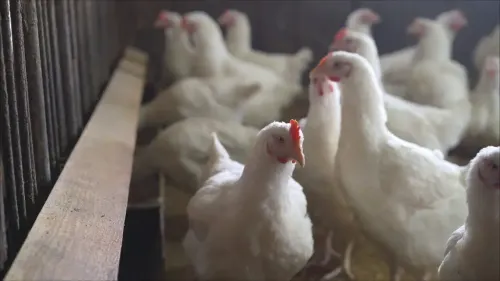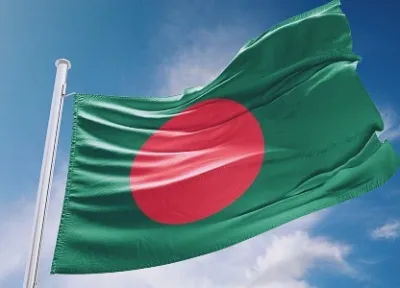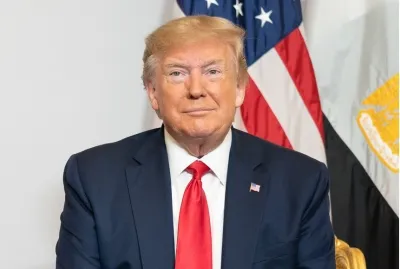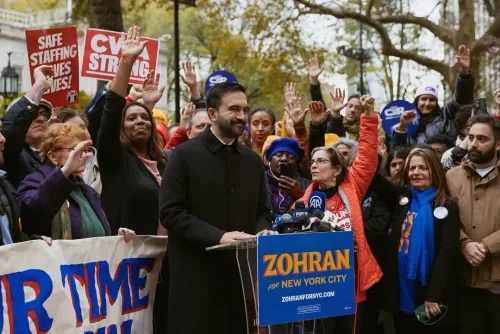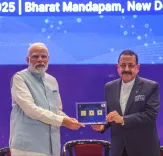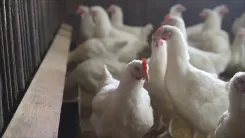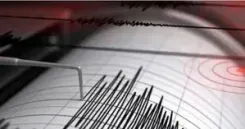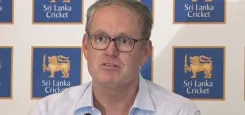Is the Congo-Rwanda peace deal truly just the beginning?
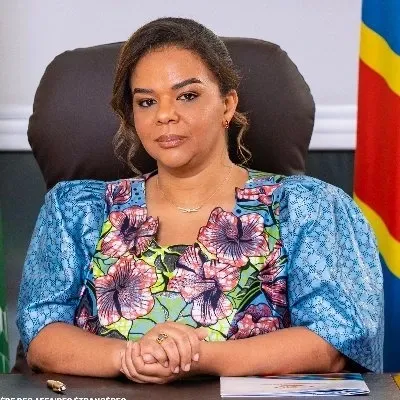
Synopsis
Key Takeaways
- The peace agreement is a critical first step in addressing longstanding conflicts.
- Rwandan troop withdrawal will occur in three stages.
- Immediate disarmament of Congolese militias is mandated by the deal.
- A voluntary return program for 250,000 refugees is included.
- Upcoming summits will be crucial for further progress.
Kinshasa, July 4 (NationPress) The peace agreement recently signed between the Democratic Republic of the Congo (DRC) and Rwanda marks just the beginning; the real challenges lie ahead, stated DRC Foreign Minister Therese Kayikwamba Wagner during a press briefing.
The two neighboring nations formalized the peace accord on June 27 in Washington, with the objective of concluding decades of armed strife and humanitarian emergencies in Africa's Great Lakes region.
The signing event took place at the US State Department, attended by US Secretary of State Marco Rubio, alongside the foreign ministers of Rwanda and the DRC. Representatives from Angola, Togo, Qatar, and the African Union were also present.
Wagner emphasized that the agreement stipulates the withdrawal of Rwandan forces from North Kivu and South Kivu provinces in three phases, while Congolese and international partners concurrently work to neutralize the Democratic Forces for the Liberation of Rwanda (FDLR), a group associated with the 1994 Rwandan genocide.
The pact further requires the immediate disarmament of all Congolese militias. Any former combatant wishing to join the military or police must undergo an individual assessment that disqualifies those with serious criminal records, the minister indicated.
Humanitarian measures involve a structured, voluntary repatriation initiative for approximately 250,000 refugees and internally displaced individuals, alongside the swift reopening of aid routes in conflict-affected regions, Wagner reported.
A subsequent summit in Washington between DRC President Felix Tshisekedi and Rwandan President Paul Kagame is anticipated in the upcoming weeks, Wagner mentioned.
“We will continue our efforts to transform this agreement into enduring peace, sustainable development, and the comprehensive pacification of the eastern provinces and the broader Great Lakes area,” she stated.
The eastern DRC has suffered from violence for decades, worsened by the resurgence of the March 23 Movement (M23) rebel faction since late 2021, which Kinshasa accuses Kigali of supporting.
Rwanda has denied these claims and has accused the Congolese military of working in tandem with the FDLR, as reported by Xinhua news agency.
Recently, tensions have intensified, with the M23 group launching renewed offensives in North Kivu and South Kivu provinces.

